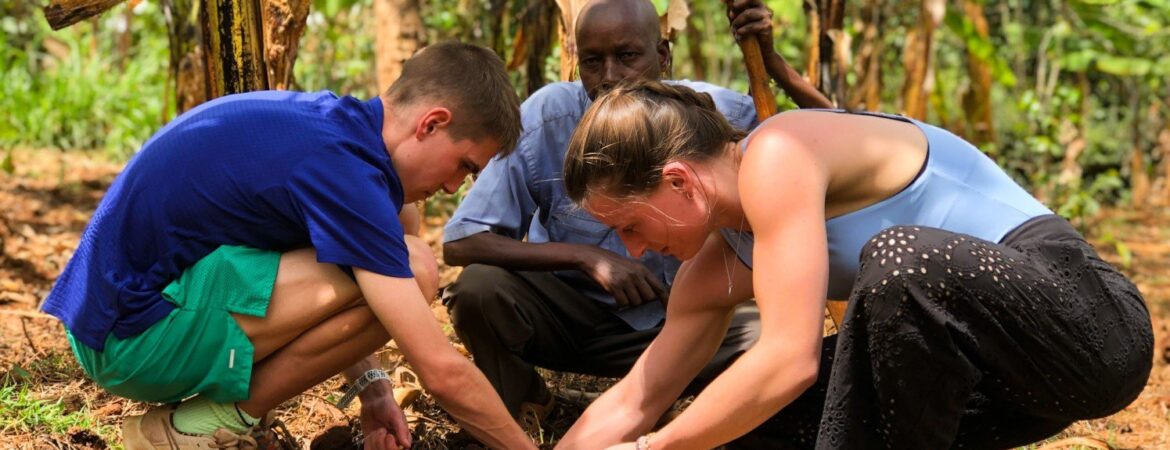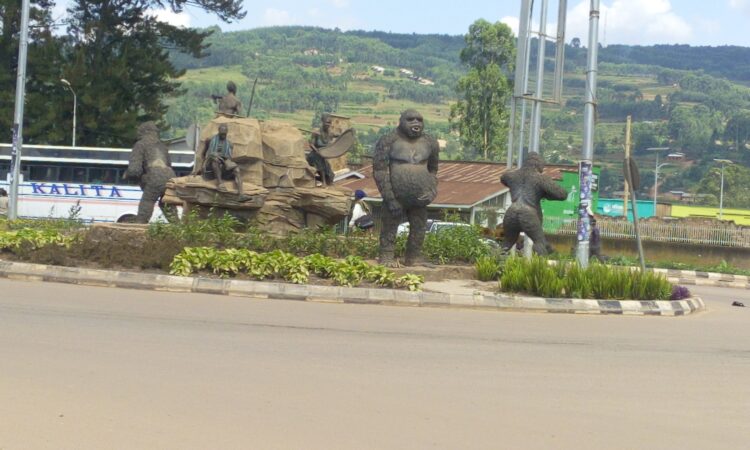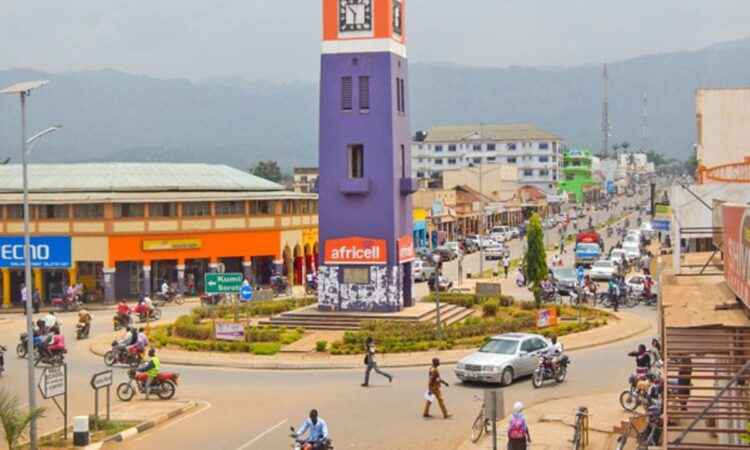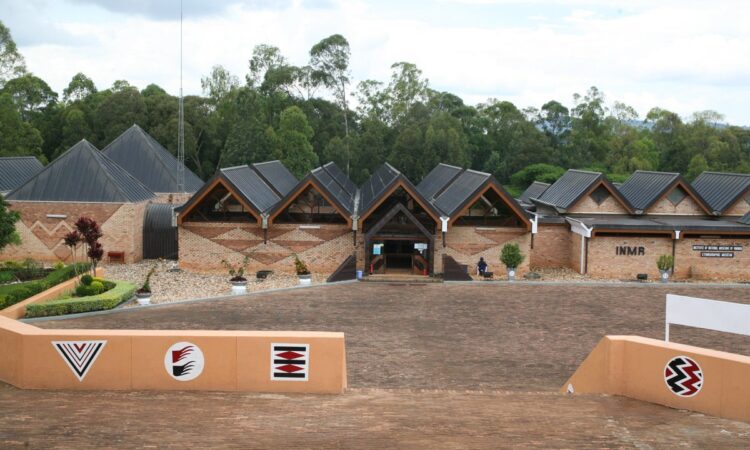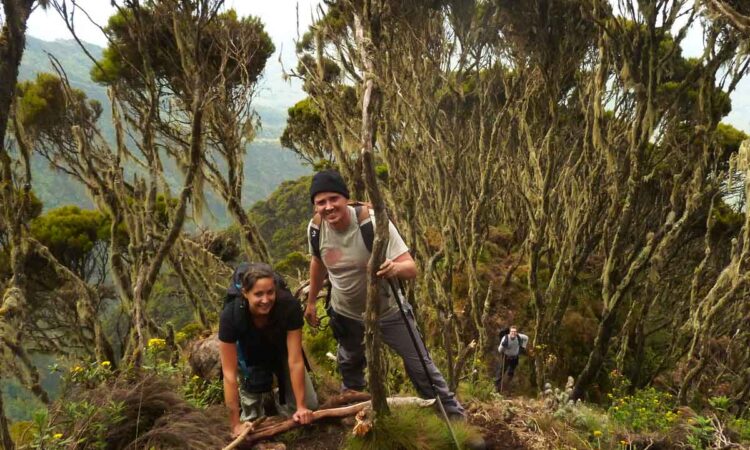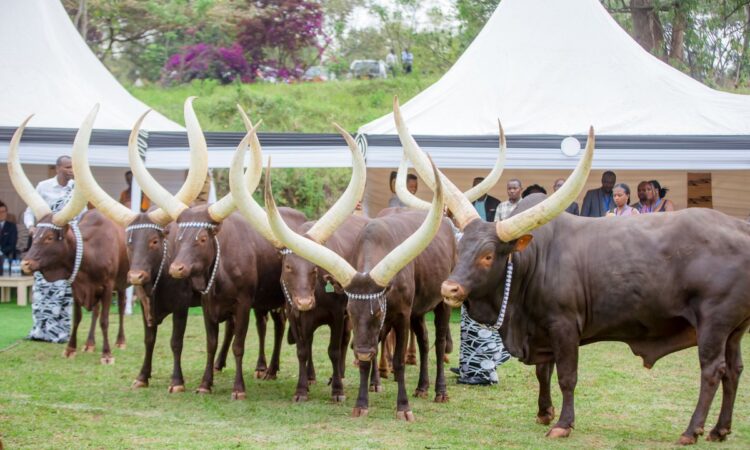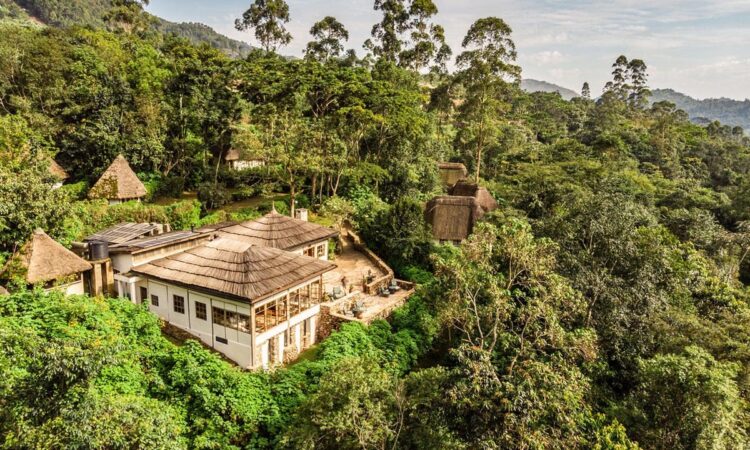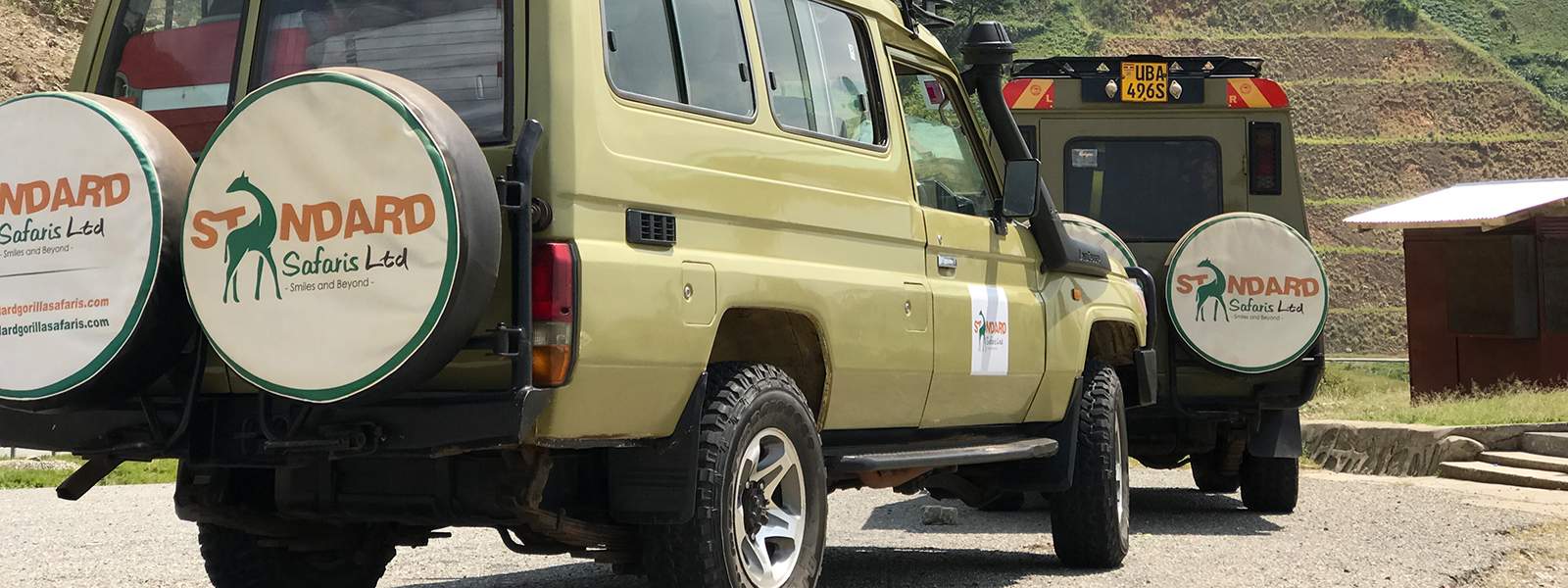The Sipi coffee plantation tour offers a practical and enriching experience. The Sipi coffee tour goes beyond mere visiting the plantation. The coffee tour in the Sipi region takes you on a deep exploration of coffee farming. You get to learn the different stages involved in the growing of coffee in the Sipi region up to the stage when coffee is ready for harvesting and consumption.
The Sipi region is most popular for its unique organic Arabica coffee. The Arabica coffee is known for its delicious aroma and rich taste which can’t be discovered from other coffee types planted from other areas. The Sipi coffee is credited for its unmatched smooth sweet taste making it the most sought-after delicacy.
Embark on the Sipi coffee plantation tour to explore more about coffee growing, learn how Arabica coffee is planted, the harvesting methods, processing techniques, and more. Your coffee tour experience will involve hands-on experience, where you will get involved in making a cup of coffee for yourself. Or engage in the roasting of dried coffee, pounding/grinding. These are among the wide range of experiences awaiting you on the Sipi coffee plantation tour with standard safaris.
Expect to also have ultimate exposure to some of the unique traditions and cultures linked to coffee growing in the Sipi region.
What to Expect on the Sipi Coffee Plantation Tour
A myriad of experiences await you on the Sipi coffee plantation tour. They include
Coffee harvesting
During the Sipi coffee tour, expect to watch farmers or engage in coffee picking on the local farms. During the coffee harvesting, farms participate in the hand-picking of the red-ripe coffee berries from their trees. The unripe berries are left.
Pulping
Coffee pulping mainly involves removing the outer skin using a machine referred to as ‘Tinget’. The tinget machine is largely used by small-scale local farmers and extensive farmers use wet mills for pulping.
Washing
Watch farmers as they engage in washing coffee beans using baskets and sacks. Washing coffee beans is intended to remove mucilage that is contained in them. After unshelling the beans, they are left to stay overnight to make it easier to remove the mucilage when washing the following day.
Coffee drying
The clean coffee beans are placed under the sun to dry. Most of the coffee grown in the Sipi is sold to large processing entities. Only thoroughly dried coffee beans can be kept for a longer period.
Removing coffee husks and sorting
During the sorting stage, coffee farmers separate the husks from the beans. This is to ensure that only the cleanest beans are left. The premium quality beans are sold while the lower quality ones are kept for farmers’ own use.
Roasting
Roasting can be done for small-scale consumption or large. Coffee produced on a large scale requires a machine to roast the beans. The Sipi coffee farmers still use the ancient grinding method where the roasted coffee beans are placed in a mortar and pounded till they turn into powder form.
Packaging
Packaging is when the coffee producers place the beans in the desired forms. It is at this stage when farmers or producers prepare to sell to the different markets. Packaged coffee beans can be found in most of the coffee shops.
About the Sipi coffee
Sipi coffee grows mainly the Arabica coffee. The Arabica coffee grows excellently along the higher altitude areas. The ideal altitudinal range where Arabica coffee grows well is 1700 to 2500 meters.
What else to do besides the Sipi coffee tour
In addition to the enriching Sipi coffee tours, expect to engage in guided hiking adventures to the Sipi waterfalls, bird-watching, cave exploration, tour Mount Elgon National Park, and more.
The best time to go for Sipi coffee plantation tour
The dry season is most recommended for coffee tours in the Sipi region. The dry season often comes with low or no rainfall making visitor trekking excursions easier as you explore the different coffee farms. The ideal dry months to consider when planning your Sipi coffee plantation tour include June, July, and August, then December, January to February.
Getting to Sipi Region.
Access to the Sipi region is safe and secure using a 4×4 safari vehicle. Visitors can begin their travel from Entebbe or Kampala via the Jinja City-Mbale route. Expect to spend at least 5-6 hours to reach the Sipi region.

